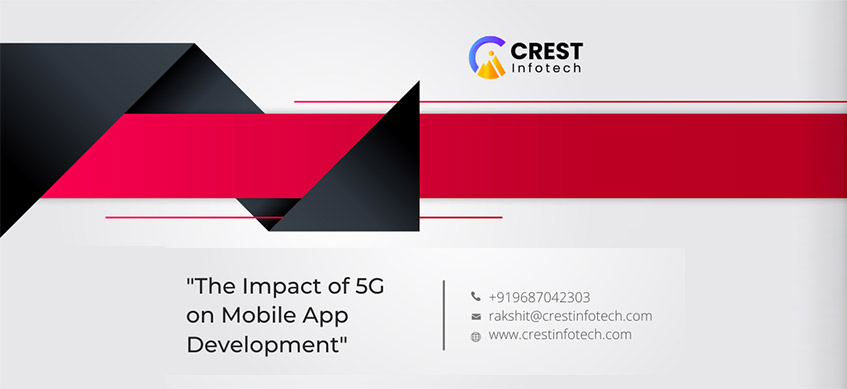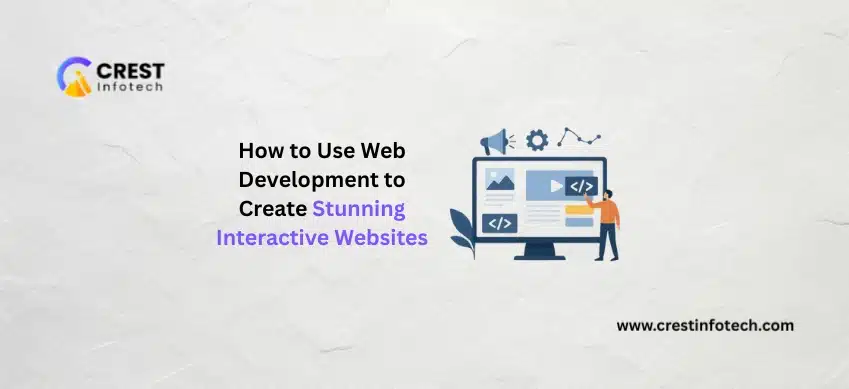The advent of 5G technology is poised to revolutionize mobile app development, offering unprecedented speed, bandwidth, and connectivity capabilities. As 5G networks continue to roll out globally, mobile app developers are presented with new opportunities to create innovative, high-performance apps that leverage the full potential of this transformative technology. This article explores the profound impact of 5G on mobile app development, highlighting key benefits, challenges, and emerging trends reshaping the industry.
Understanding 5G Technology
5G represents the fifth generation of mobile network technology, succeeding 4G LTE. Key features of 5G include:
- Ultra-High Speeds: 5G networks promise significantly faster data speeds than 4G LTE, with peak speeds potentially reaching up to 10 Gbps.
- Low Latency: Reduced latency (response time) enables real-time interactions and enhances user experiences for applications requiring instant responsiveness, such as gaming and augmented reality.
- Increased Capacity: 5G networks support more connected devices simultaneously, making it ideal for the Internet of Things (IoT) and smart city applications.
- Network Slicing: Allows network operators to allocate specific virtualized network segments to different types of services, ensuring optimal performance for diverse applications.
Impact of 5G on Mobile App Development
- Enhanced User Experience:
- Faster Loading Times: Apps can deliver content and media-rich experiences with minimal latency, improving user engagement and satisfaction.
- Real-Time Interactivity: Applications such as video streaming, gaming, and video conferencing can offer seamless, high-definition experiences with minimal lag.
- Advanced Features and Capabilities:
- Augmented Reality (AR) and Virtual Reality (VR): 5G enables immersive AR/VR experiences with high-resolution content streaming and real-time interaction, revolutionizing industries like education, healthcare, and entertainment.
- IoT Integration: Facilitates the deployment of IoT devices and applications that require continuous connectivity and real-time data processing, such as smart home automation and industrial IoT.
- Innovative Use Cases:
- Telemedicine: Enables high-quality video consultations and remote diagnostics with minimal latency, enhancing healthcare accessibility and patient care.
- Autonomous Vehicles: Supports real-time data transmission for autonomous vehicles, enabling safer and more efficient transportation systems.
- Edge Computing: Combines 5G’s low latency with edge computing capabilities to process data closer to the user, enhancing app performance and responsiveness.
- Challenges and Considerations:
- Infrastructure Requirements: 5G deployment requires significant investment in infrastructure, including new towers, small cells, and network upgrades, which may vary by region.
- Compatibility and Optimization: Developers need to optimize apps for 5G networks to leverage its full potential, considering factors like data usage, battery life, and network coverage.
- Security and Privacy: Enhanced connectivity also raises concerns about data security and privacy, necessitating robust encryption and compliance with regulatory standards.
Future Trends in 5G-Enabled App Development
- Edge AI and Machine Learning: Integration of AI and machine learning models at the network edge to process real-time data and deliver personalized experiences.
- Mixed Reality Experiences: Continued growth in AR/VR applications with seamless streaming and interactive capabilities powered by 5G networks.
- Real-Time Collaboration Tools: Enhanced video conferencing, collaborative workspaces, and remote collaboration tools benefiting from 5G’s low latency and high bandwidth.
- Enhanced Gaming and Entertainment: Cloud gaming platforms and streaming services offering console-quality gaming experiences on mobile devices.
Conclusion
5G technology represents a monumental shift in mobile app development, unlocking new possibilities for enhanced user experiences, advanced features, and innovative use cases across various industries. As mobile app developers harness the power of 5G networks, they can create transformative applications that leverage ultra-fast speeds, low latency, and increased capacity to deliver seamless, real-time interactions and immersive digital experiences.
By embracing the opportunities presented by 5G, developers can stay at the forefront of technological innovation, drive digital transformation, and meet the evolving demands of users in a hyper-connected world.
This article explores the transformative impact of 5G technology on mobile app development, highlighting benefits, challenges, and emerging trends that are reshaping the industry. Adjust content based on specific app categories, target audiences, and technological advancements relevant to your development goals and strategies.



